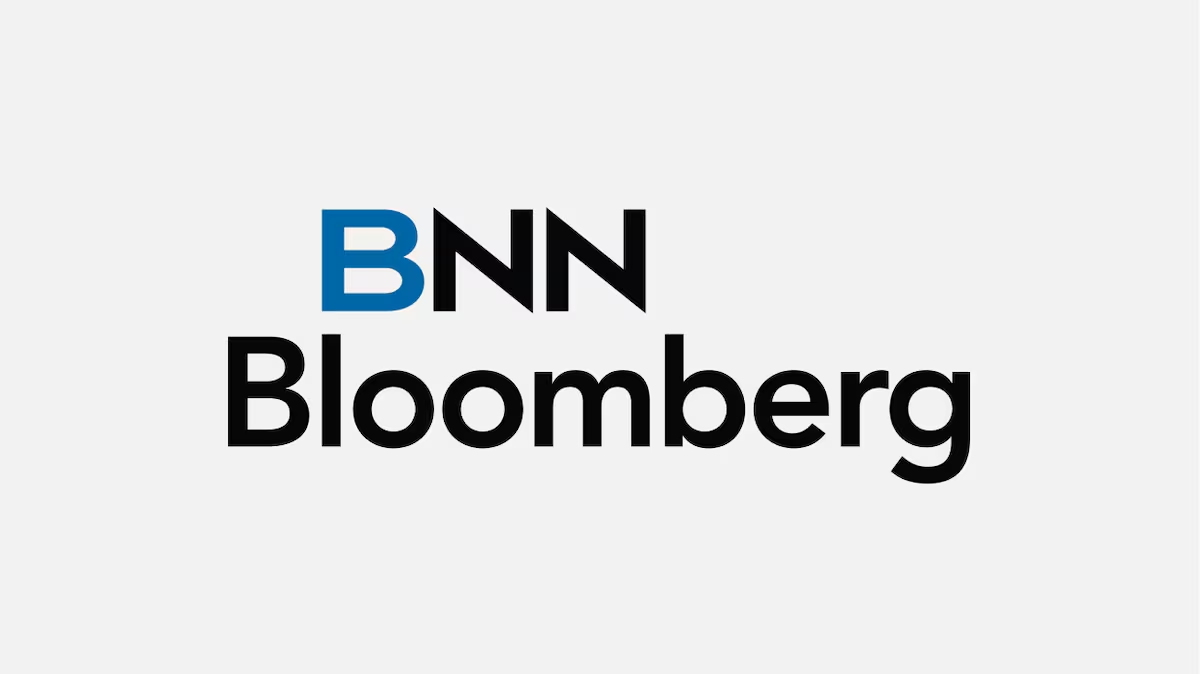September 1st, will be a big day for the market.

 www.bnnbloomberg.ca
www.bnnbloomberg.ca
When looking at the historical relationship between the Fed’s bond purchases and S&P 500 returns from 2010 to 2019, the bank concluded in a research note on Monday that quantitative tightening through 2023 would translate into a 7% drop in the benchmark gauge from current levels. According to BofA, quantitative easing has explained more than 50% of the movement in the market.
Quantitative tightening has undoubtedly taken a back seat to more pressing issues such as inflation and recession angst, Chris Zaccarelli, chief investment officer at Independent Advisor Alliance, said. Yet, the tapering of the Fed’s asset holdings may come to the forefront as growth continues to slow.
“The market has been celebrating the fact that the next rate increase is likely going to be 50 basis points and not 75, and yet the market does not seem to be looking ahead to QT,” said Jane Edmondson, founder of EQM Capital. “I think the assumption is that -- given how well telegraphed the Fed’s QT plans have been -- it is already priced into the market.”
The Fed started winding down its $8.9 trillion balance sheet in June and is phasing in the reductions to an eventual pace of $1.1 trillion a year. In the two months since, the S&P 500 has gained 4.8%.
“If financial conditions tighten in a meaningful way, then that could make QT a more important topic,” said Zaccarelli. “I imagine it is very difficult to have a high degree of certainty about the stock market impact of QT and that I would be much more focused on S&P earnings and much less focused on S&P P/E multiples.”
A new study by a Federal Reserve Bank of Atlanta economist found that asset reductions will have a relatively modest impact on the economy compared to the Fed’s raising of interest rates to fight inflation, equating the effect over time to no more than three quarter-point interest-rate hikes.

BNN Bloomberg - Canada Business News, TSX Today, Oil and Energy Prices
Get the latest Canadian business news, including TSX updates, changes to oil and energy prices, and Bank of Canada coverage. Explore stock market investing and get expert financial insights on investment portfolio strategies.
On June 1, 2022, the Federal Reserve (Fed) began a program of quantitative tightening (QT), reducing its balance sheet by $45 billion per month over the summer. It plans to accelerate the winding down to $90 billion per month starting September 1. The Fed’s plans could always change, but with headline inflation running at 8.6%, and at 6.0% when excluding food and energy, it is unlikely the Fed might pull back from tightening monetary policy even if equities slide further.
QT has its most direct impact on the bond market, where the Fed is stepping back from asset purchases and slowly allowing its nearly $9-trillion balance sheet to shrink. But equity investors appear to be paying close attention as well. In March 2020, when the Fed launched its pandemic-related quantitative easing (QE) program, it expanded its balance sheet by $3.0 trillion in three months before slowing its pace of purchases to $120 billion per month. In total, the Fed expanded its balance sheet by $4.8 trillion. Equities rallied strongly as the Fed expanded its balance sheet in 2020 and 2021 but they have been retreating since the beginning of the year as investors anticipated that the Fed would reverse course as inflation surged (Figure 1).



:max_bytes(150000):strip_icc()/GettyImages-1395270106-029f48702b5540ab948d0dbe9a50339e.jpg)

